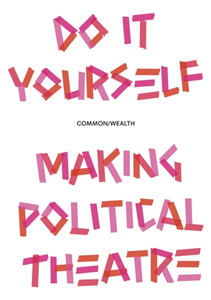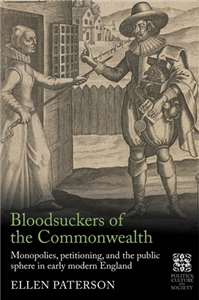Locus Publishing Company
Locus Publishing Company offers a wide-ranging selection of titles to suit varied tastes:1) Fiction:including literary and genre, in Adult, YA/Crossover categories;2) Business and Trends;3) True Stories:including memoirs, biographies, and travelogues;4) Self-Help:especially those about personal growth;5) Illustrated books and creative works;6) General interest:including historical, philosophical, and social topics;7) Lifestyle:including but not limited to art, design, and photography;8) Health:everything about the wellness of mind and body;9) For Her:lifestyle and day-to-day inspirations as well as light literature designed for femalereaders.
View Rights Portal


























